|
How to ask the right questions to students? How to guide them in making decisions, without suggesting the right or correct answer? Being a teacher and being a coach, it is different. Being teachers means transferring knowledge to support students in the development of awareness, skills, and abilities; Being a coach means supporting individual development by listening, asking questions, and posing challenges. Understanding the complexity of this role was the purpose of the training week which held from 7 to 13 November, involving a group of teachers from all over Europe, trying to deepen the topic of “emotional intelligence and coaching inside the school and educational context”. 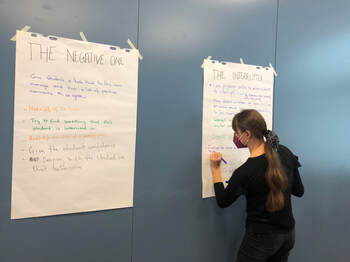 To lead a group and to listen to the students' needs, the first step is to develop an Emotional Intelligence that enables to understand the emotions the students express and to help them develop self-awareness and self-control in the management of emotions. Another step is to understand how to structure and define goals, in order to guide students in the construction of SMART objectives: specific, measurable, achievable, realistic, time bounded. The questions we need to help them ask themselves are: Is it a SMART goal? Is it specific enough? Is is saying when we will attain that? Is it saying how? Another role of teachers as "coaches" of students is to help them understand how to act in a conflictual situation, asking them the right questions and supporting them in finding a solution more suited to the context. We discovered that is good to keep in mind that it’s not always possible to find the best solution for everyone. Sometimes you need to be accommodating, other times you need to make an unpopular decision. The best option is to find a new solution through collaboration between the two parties, to create something innovative that replaces the previous situation with a better one. On the other side, it is important to remember that the role of the coach is not to suggest the solution, but to guide the student in the analysis of conflict, in the decision making, and in the evaluation of their behaviour. Concerning this, we deepened the power of questions, as a way to promote “thinking”, to foster the creation of answers you believe in and to motivate to act by following your ideas. That’s why we explored how to build a learning-focused questions, starting with an invitation to engage, proposing a content to think about, underling a cognitive focus for thinking and elaborating. On the other side, we analysed the “Solution Focused Brief Coaching” model, as a guide to promote in students a solution-based way of thinking. This training week is over, and the time has come to say goodbye! A special thanks to all the teachers who made this course unique, through their original contributions and the mutual sharing of experiences. More info on these courses at: https://www.erasmustrainingcourses.com/soft-skills-for-education-staff.html and https://www.erasmustrainingcourses.com/public-speaking-and-presentation-skills-for-teachers.html
|
Welcome to the ELA Blog. Here you will find articles and photos of our courses and have a look at the topics addressed during the week in Bologna, Palermo and Tenerife. You will also have the chance to take a peek at our projects and check out what we have been up to.
Archives
July 2024
Categories |
-
Course catalogue
- 2023-2024 course catalogue
- Soft Skills >
- ICT and New Technologies >
- Inclusion and Diversity >
-
Innovative Teaching Methods
>
- Innovative teaching methods discovery
- Non-formal education teaching methods
- Dual education and work-based learning
- Teaching leadership and entrepreneurship
- Project based learning
- Game based learning and gamification
- Green skills
- Outdoor education
- Outdoor education trekking edition
- Promoting creativity and critical thinking
- Languages and EU projects >
- Preschool >
- Erasmus Plus KA1
- What we do
- About us
- Locations
- Blog
- Contact us
 English
English български
български Čeština
Čeština Español
Español Français
Français ελληνικά
ελληνικά Italiano
Italiano Polski
Polski Português
Português Română
Română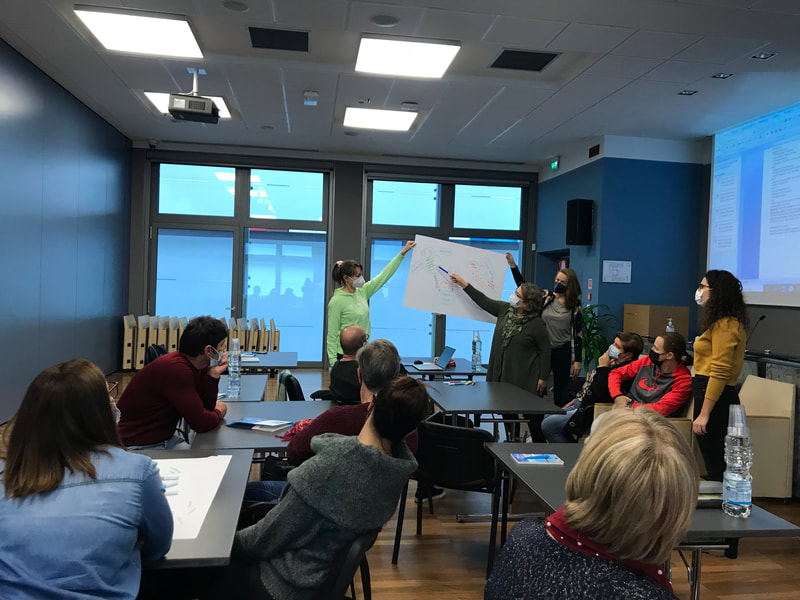
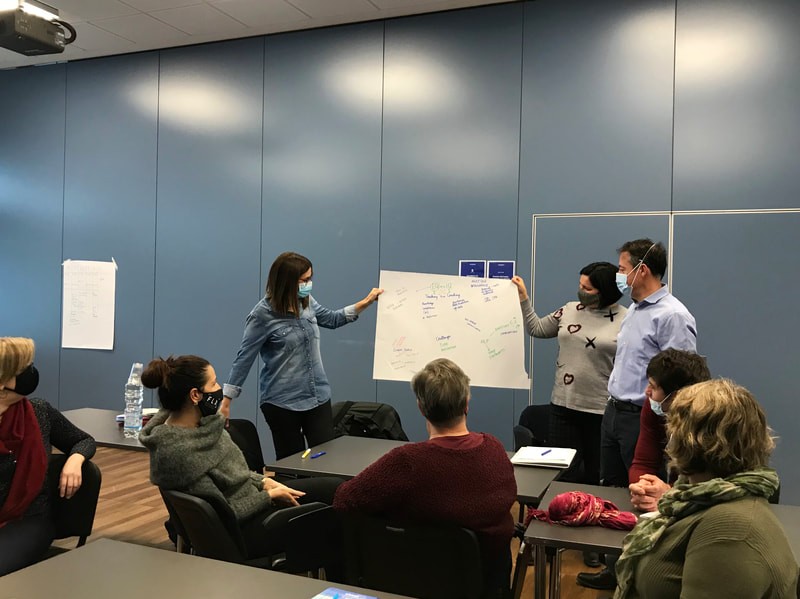
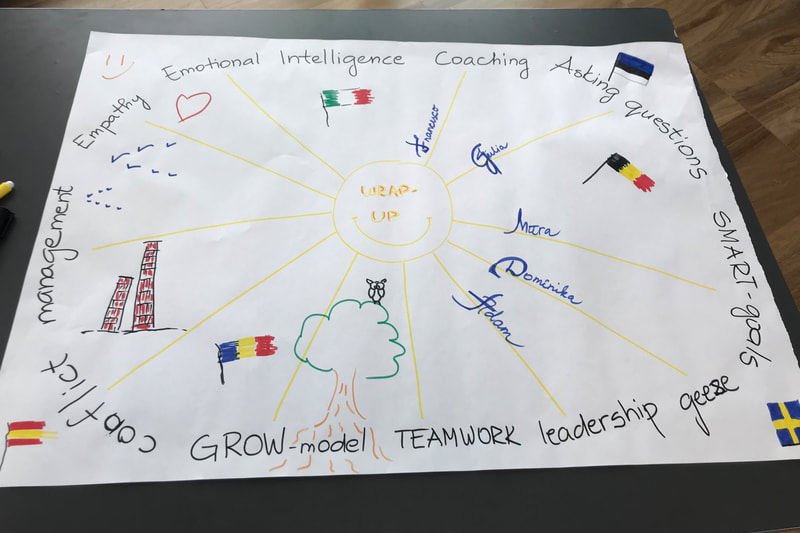
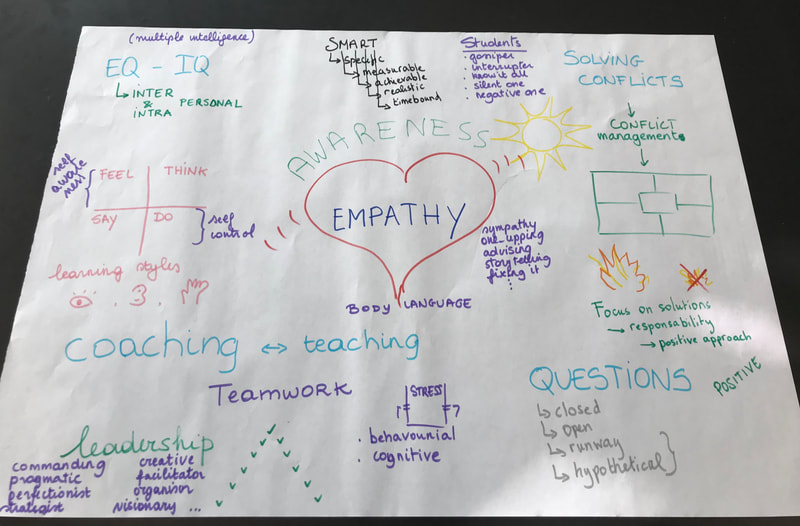
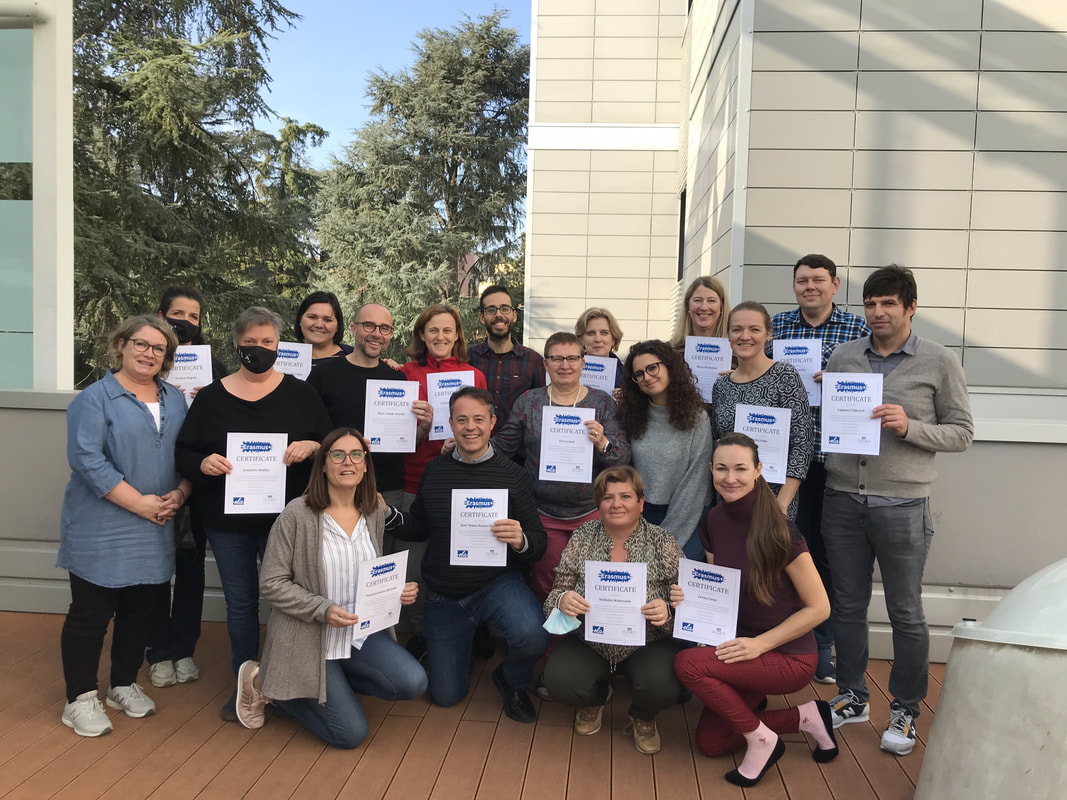
 RSS Feed
RSS Feed









